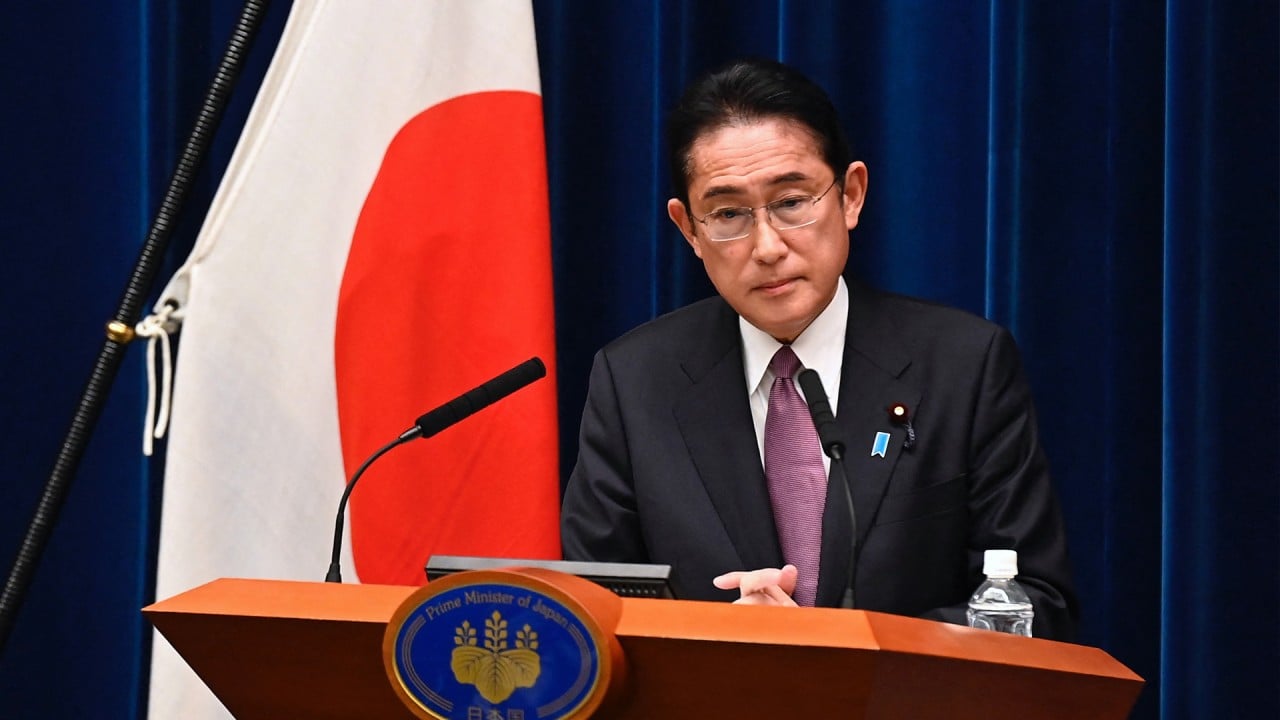
Japan must ease fears over military build-up
- Nearly doubling of Tokyo defence budget comes soon after talks with China raised regional hopes of a decrease in tensions
Japan intends to almost double its annual defence budget over the next five years, rising to US$65.4 billion in 2027.
It is the biggest increase since the second world war and will make Japan the third highest spender on its military, after the US and China.
Funds will be used to buy hundreds of US-made Tomahawk missiles and develop fighter jets and drones. The army, navy and air force will come under a central command.
The building of a “counterstrike capacity” targeting enemies preparing attacks on Japan is especially worrying. It creates the potential for Tokyo to go on the offensive and is hard to reconcile with a pacifist constitution.
Japan insists the measures are consistent with its long-standing “defence-oriented” approach. It argues they are needed to respond to geopolitical developments.
Given Japan’s history, it is not surprising the policy has been greeted with suspicion. It creates a greater risk of confrontation and may fuel a regional arms race.
Japanese Foreign Minister Yoshimasa Hayashi is due to visit Beijing early next year. Tokyo must explain its military build-up and try to ease concerns.
China is described as “the greatest strategic challenge ever” to Japan in documents underpinning the reforms. But China is also Japan’s biggest trading partner.
The two countries have shared interests and a good relationship between them is essential for peace and stability in the region.
Japan should proceed cautiously with its military plans and not let them prevent the building of closer, stronger ties with China.


